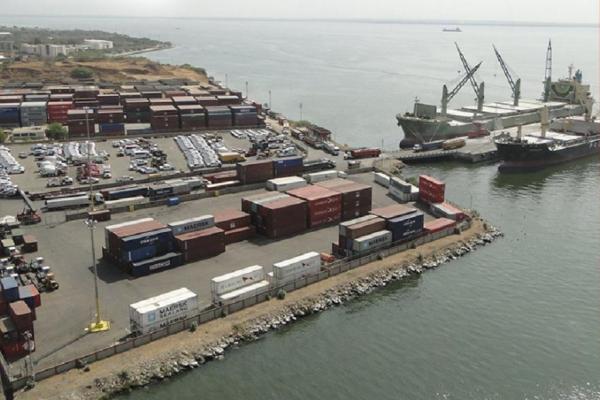by STEVE ELLNER

Given the thick haze of disinformation surrounding the economic situation in Venezuela, we thought it would be useful to publish the first chapter of Professor Pasqualina C. Curcio’s excellent volume, The Visible Hand of the Market: Economic Warfare in Venezuela (available for free online). We are grateful to Steve Ellner for writing a brief introduction to Professor Curico and the excerpted chapter. Note that the present version has been edited from the original PDF to improve readability. —Eds.
Introduction by Steve Ellner
For several years, university professor Pasqualina C. Curcio has presented a wealth of empirical information in order to refute the notion that market logic, government incompetence and a flawed socialist model are responsible for the severe problems of shortages and inflation that afflict Venezuela. In The Visible Hand of the Market: Economic Warfare in Venezuela, Curcio discards the various explanations put forward by the Venezuelan opposition and the corporate media and concludes that the shortages have been induced as has the nation’s triple-digit inflation. The shortages are the result of hoarding and contraband, not due to the decline in national production or the failure of the government to provide the commercial sector with the necessary foreign currency to pay for imports. In fact, for the years that she analyzes between 2003 and 2013, the correlations claimed by government adversaries were not borne out by the facts: declining national production did not produce shortages nor did the state’s failure to sell sufficient dollars to finance imports. Furthermore, the types of goods that are in short supply are those controlled by oligopolistic companies, as opposed to small-sized businesses. All this demonstrates that what Curcio calls “planned shortages,” or economic sabotage, are largely responsible for the pressing economic problems facing the nation, similar to the case in Chile under Allende and in other leftist-governing nations throughout history.
Chapter I. Planned Shortages1
Shortage, along with inflation, is one of the two main hardships that Venezuelans have been facing from the economic and social point of view since mid-2012. Both phenomena have repercussions not only on aspects related to the economy of households but also on the standards of living of the population.
Shortage has been particularly apparent in the case of essential items, such as food staples, medicines, toiletries and household products. But shortages have also extended to raw materials and inputs necessary for local production, including agriculture, and machinery spare parts for the manufacturing sector; as well as goods essential to invigorate and mobilize the economy, such as the transport of goods and people, has been hard to find – car spare parts, accumulators, among others.
Even goods necessary for health care, with a great possibility of negatively impacting the standards of living of the population, have also been unavailable. Particularly medicines for outpatient and hospital use, as well as surgical equipment used in health care facilities.
Interestingly, shortage is rather more frequent in the case of goods than in the case of services. This issue is analysed later so as to understand both part of this phenomenon and draw a clear distinction between economic crisis and economic warfare.
While inflation is analysed in detail in the next chapter, it is worth discussing its wicked effects on the social and economic situation of households, particularly those depending on a salary for labour (as the only factor of production they own). Households whose income derives from the profits of the capital are in a better position to adjust their income to the levels of inflation. In Venezuela, as in all countries, most households live on a salary.
Inflation deteriorates the purchasing power of workers, thus forcing them to reschedule their spending structure and prioritize the satisfaction of their basic necessities – food, transport and medicines. In other words, and in terms of the economy as a whole, inflationary processes of this type in the medium and long term will adversely affect the sectors of the economy, as a result of a decrease in the demand for other items due to the shrinking purchasing power of the working class. Failure to address inflationary phenomenon can result in serious economic situations in the medium term.
So far I have said nothing new. Venezuelans have experienced this. Further, the Government has denounced, nationally and internationally, such destabilization plans, labelling them as “economic warfare” and has announced and taken measures to counter them accordingly.
This work is intended to demonstrate—with data, official figures and economic analysis—that shortage and inflation result from destabilization and manipulation plans carried out by specific sectors, and are not the result of macroeconomic imbalances caused by a failed model, as argued by opposition sectors.
Monthly Review Online for more
